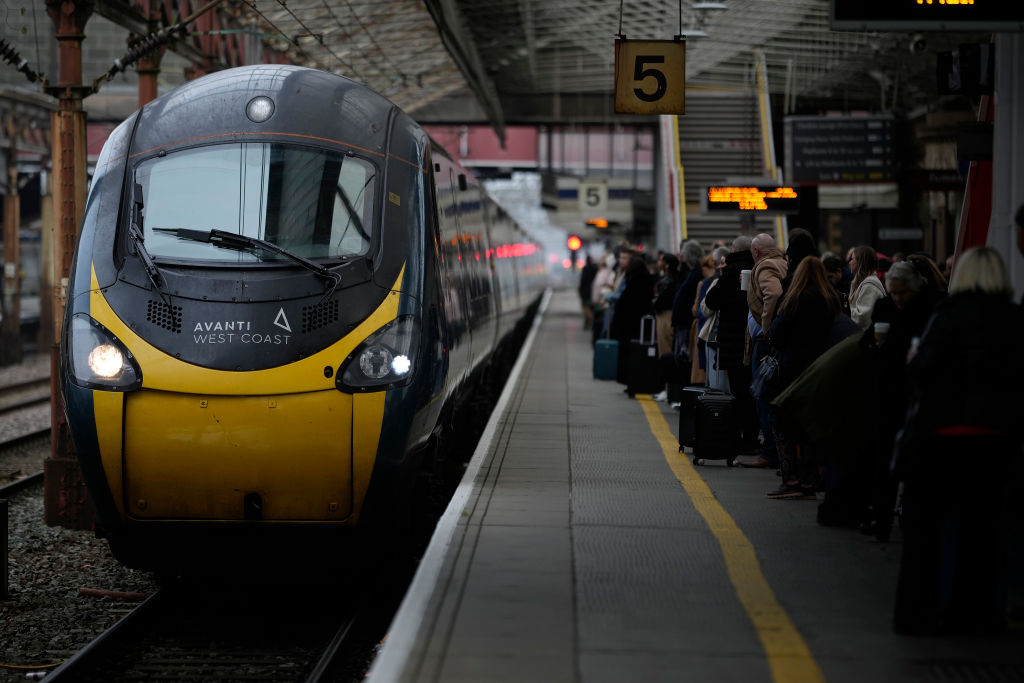Analysis: Britain’s rail firms on a delayed ride to nationalisation

As if the rail operators weren’t in enough hot water, with nurses having to get seven buses to work and poor Rishi Sunak forced to hop on a private plane because the trains are so unreliable.
Yesterday, they were given a talking to by the rail regulator for fudging the numbers, with the TransPennine Express, one of the most inconsistent services, also one of the worst offenders for using a loophole to get out of fessing up on cancellations.
So-called “pre-cancellations” or “p-coding” allows rail operators to avoid reporting a train as cancelled, as long as they are struck off the timetable by 10pm the night before. In other words, it won’t show up at “cancelled” at the train station, it’ll be like it never existed. A kind of gaslighting for rail passengers.
The last few weeks have been full of stories of people unable to get to work, unable to pick up their kids, or just unable to behave like they live in a country where you are able to move freely around.
According to the Guardian, TransPennine Express was regularly cancelling 20 to 30 per cent of its trains in autumn last year. And yet it only had to report rates of between 5.6 per cent and 11.8 per cent as a result of using “p codes”.
On Wednesday this week, 45 per cent of the trains on its timetable were cancelled. A hundred of those were cancelled the night before, amounting to 70 per cent of cancellations.
The loophole exists to allow for emergency timetables due to weather or infrastructure problems.
At the same time, rail bosses are in a stand off with their staff over pay, with more strikes set for next month.
At least on strike days, customers know they won’t be able to get a train.
All of the chaos on railways has re-instilled momentum behind calls for renationalisation from the Labour Party. Shadow transport sec Louise Haigh said earlier this month the opposition benches would commit to bringing the train companies back within public control.
While it’s far from clear Louise Haigh or the current Conservative Transport Secretary, Mark Harper, would do a better job of the running the railways, they would probably struggle to do a worse job than current rail bosses.
Three rail companies in the UK have already been brought under the control of the state with the government-run Operator of Last Resort responsible for LNER, Northern and Southern Railways. Avanti, which runs services between London, Manchester and Glasgow, was given six months to improve.
But while Louise Haigh may be behind nationalisation, Rachel Reeves, keen to prove the Labour Party wants to work with, not against, the private sector, warned nationalisation isn’t a “panacea”.
Either way, the longer the rail stasis drags on and the worst performance gets, the closer rail bosses get to watching their jobs be subsumed by the Department for Transport.
